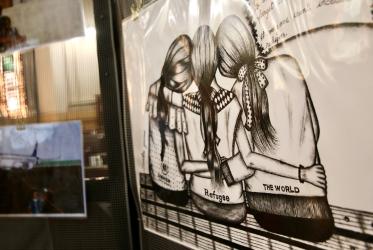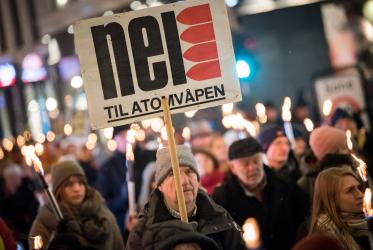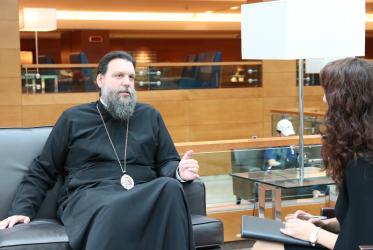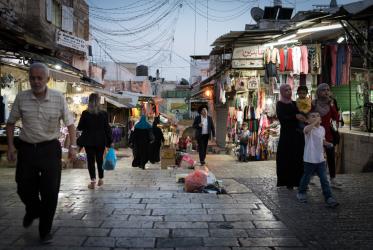Displaying 1 - 20 of 49
"A world free from nuclear weapons is possible"
11 September 2023
WCC offers input to the UN New Agenda for Peace
13 April 2023
Human fraternity is a divine calling, says WCC general secretary
03 February 2019
Romani people seek “lives of decency, dignity, and justice”
27 September 2018










